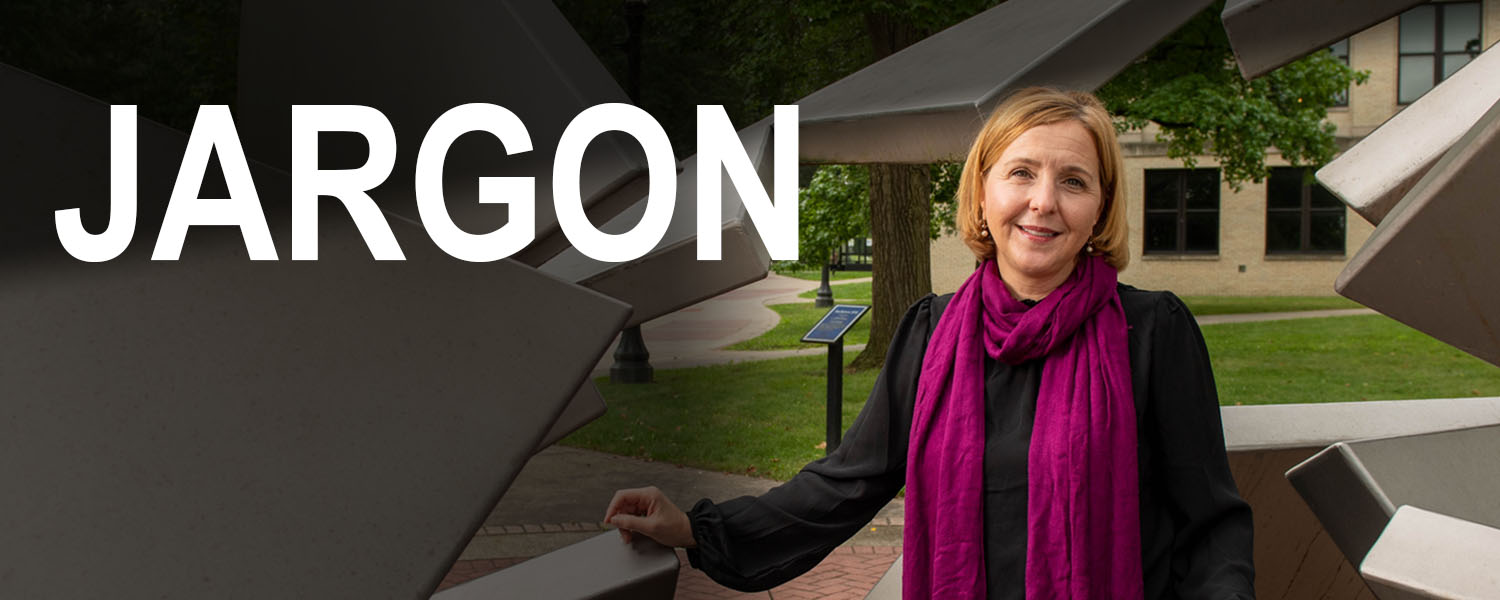
Every so often an obligatory “whither journalism education?” think piece appears in a widely read media outlet. Cue the wringing of hands and rending of garments. With the continued declining fortunes of legacy media organizations, the argument goes, journalism education, too, must be doomed. Surely this means there are no longer opportunities journalism grads. A recent piece by South African journalist Franz Kruger in The Conversation argues just that, asserting “The demand for journalism graduates is shrinking, while non-professionals play an increasing role in supplying society with information.”
Well, looks like it’s time for us to pack it up and go home.
Not so fast. Here at the School of Media and Journalism (MDJ), students pursuing a Bachelor of Science in Journalism comprise one third of our undergraduate population. We’re preparing these students for careers that didn’t exist five years ago. And for careers that won’t emerge for at least another five. We’re still grounded in the fundamentals, but we’re showing students how those fundamentals still apply – even in the tumultuous contemporary communication ecosystem.
The argument for studying journalism has never been stronger. Just a quick glance at the news makes the case. We’re training students who will graduate equipped with strong writing skills – still the number one most important skill set according to all employers with whom I interact; technical skills to communicate using whatever equipment, software and tools are available; and the ethical decision-making skills necessary to function in a world where decisions are rarely cut and dry.
Mr. Kruger is right about one thing, of course. With the advent of social media, apps and other interactive communication technologies, anyone can “supply society with information.” But journalism education is about more than teaching students how to report information. It’s about knowing how to evaluate it. In other words, a key component of journalism education is about developing media literacy skills. And those are skills at the heart of responsible citizenship, regardless of career path.
More than ten years ago, renowned journalism thinkers Bill Kovach and Tom Rosenstiel published Blur: How to Know What’s True in an Age of Information Overload. In it, they introduced the term “skeptical knowing” to describe the process of “systematically analyzing the content and nature of media.”
They advise that everyone should ask a few simple questions whenever they encounter media content: What kind of content is being presented? How complete is the information being presented and what’s been left out? Are the sources credible? How credible is any evidence being presented? Are there alternatives to the explanations being presented?
Kovach and Rosenstiel argue that when it comes to interrogating media content, it boils down to one simple question: “Am I learning what I need to?” MDJ’s journalism students are learning to ask – and answer – these very questions. And that’s valuable training indeed.
As he concludes his piece in The Conversation, Mr. Kruger writes, “Overall, journalism schools have obligations that go beyond producing the next generation of young journalists. They can and should consider much more broadly what they can do to sustain and improve the health of the information systems around them.” I couldn’t agree more. Sure, not everyone who graduates with a degree in journalism will go on to practice journalism. They never did. But MDJ’s journalism graduates will be ready for life and the myriad professional opportunities that will come their way. And our world will be the better for it.
